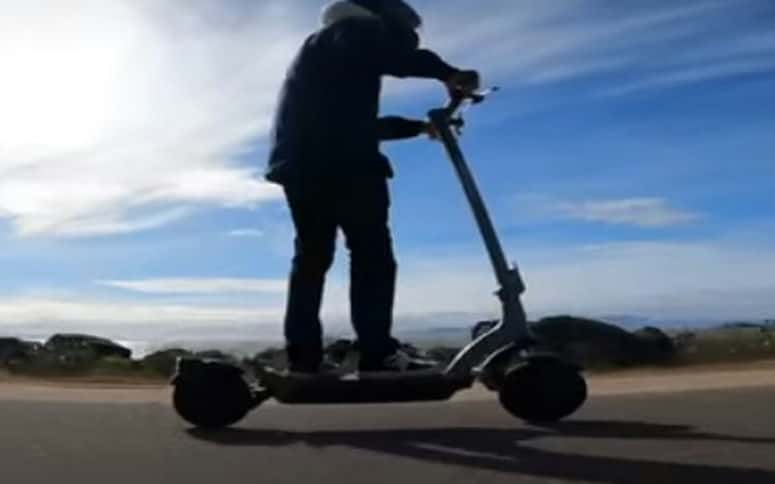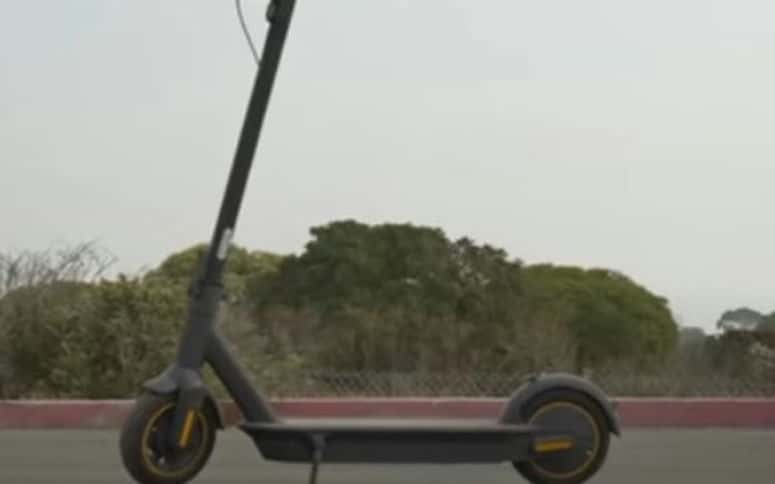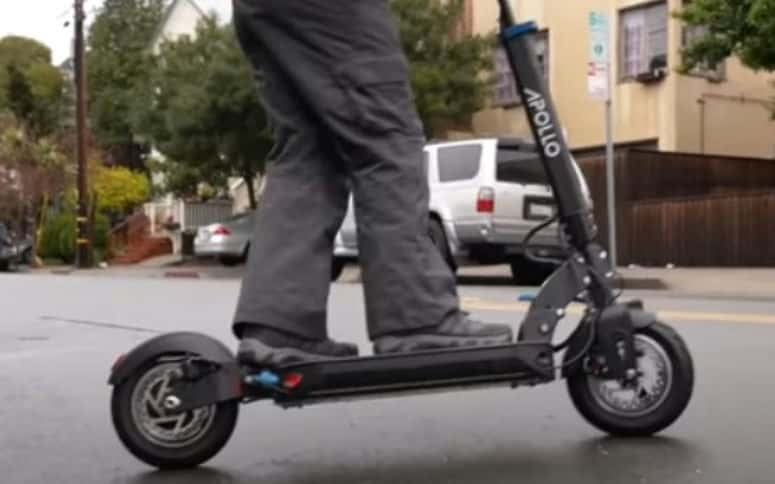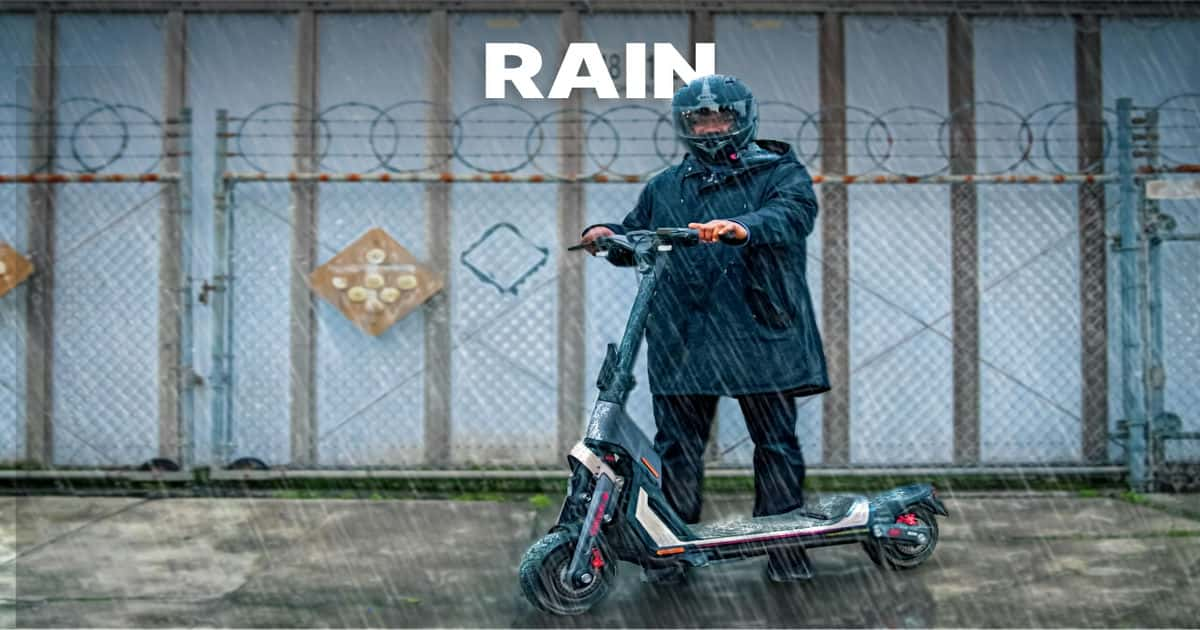Can You Ride My Electric Scooter in the Rain? Yes, you can ride my electric scooter in the rain, as it is designed to be weather-resistant. Electric scooters have gained popularity as a convenient and eco-friendly mode of transportation.
With their compact design and electric motor, they offer a great alternative to traditional vehicles. Many scooter enthusiasts wonder whether it is safe to ride an electric scooter in wet weather conditions, such as rain. This question arises from concerns about potential damage to the electric scooter’s components and safety risks for the rider.
We will explore whether you can ride an electric scooter in the rain, the precautions to take, and the impact of wet weather on the scooter’s performance. So, if you’re curious about hitting the road during rainy days, keep reading to find out if it’s a viable option.
Importance Of Electric Scooters In Transportation

Electric scooters have gained immense popularity for their numerous benefits in transportation. One of the key advantages is their eco-friendly nature, as they produce zero emissions. Another benefit is their cost-effectiveness, as they require minimal maintenance and have lower operational costs compared to traditional vehicles.
Furthermore, electric scooters are lightweight and compact, making them easy to maneuver in urban areas with heavy traffic. However, many people have concerns about riding electric scooters in the rain. While it is generally recommended to avoid riding in heavy rain due to safety reasons, most electric scooters are designed to withstand light rain showers.
Manufacturers often use water-resistant materials and implement proper sealing to protect the essential components. Therefore, as long as you use caution and follow safety guidelines, riding an electric scooter in light rain should not pose significant risks.
Factors To Consider Before Riding An Electric Scooter In The Rain
Riding an electric scooter in the rain requires careful consideration of certain factors. Firstly, it is crucial to assess the waterproofing features of the scooter. Look for scooters with high IP ratings to ensure better protection against water damage. These ratings indicate the level of protection against water and dust.
Additionally, before riding in the rain, thoroughly inspect the condition of your scooter. Check for any loose parts, exposed wires, or signs of wear and tear that could make it more susceptible to water damage. It is important to ensure that your scooter is in optimal condition to tackle wet conditions.
By taking these factors into account, you can ride your electric scooter confidently in the rain and enjoy your journey without compromising your safety and the durability of your scooter.
Tips For Riding An Electric Scooter In The Rain

Riding an electric scooter in the rain requires proper maintenance and care. Safety precautions are essential in wet conditions. To maintain control and stability, certain techniques can be employed. Ensure that your scooter is well-maintained, with functional brakes and tires.
Check for any water damage and address it immediately. Invest in high-quality rain gear, including a waterproof jacket and pants, as well as gloves and boots. Slow down and maintain a safe distance from other vehicles on the road. Be cautious of slippery surfaces and avoid sudden movements.
Keep a firm grip on the handlebars and be mindful of potential hydroplaning. By following these tips, you can safely ride your electric scooter in the rain.
Waterproofing Measures For Electric Scooters

Waterproofing measures for electric scooters are crucial, especially if you plan to ride them in the rain. Understanding the different levels of waterproofing available is essential for protecting your scooter from water damage. There are various options for waterproofing, including sealed batteries and connectors, waterproofing spray for electrical components, and using covers or enclosures for added protection.
Enhancing the waterproofing of your electric scooter can be done by adding additional seals and gaskets, applying silicone sealant to vulnerable areas, and keeping the scooter well-maintained and clean. Taking these measures will help ensure that your electric scooter remains protected from water and operates smoothly even in rainy conditions.
So, if you’re wondering whether you can ride your electric scooter in the rain, with the right waterproofing measures, the answer is yes!
Common Questions About Riding Electric Scooters In The Rain

Riding electric scooters in heavy rain is not recommended due to safety concerns. When it’s wet outside, several precautions should be taken to ensure a safer ride. These include wearing proper rain gear, such as waterproof jackets and pants, as well as non-slip shoes.
Additionally, it’s crucial to maintain a steady pace and avoid sudden acceleration or braking to prevent skidding on slippery surfaces. Riding in wet conditions can also affect the battery life of electric scooters. The rain can damage the battery and other sensitive electrical components if they are not adequately protected.
To prevent this, riders should cover the scooter with a waterproof cover or find shelter when not in use. It’s important to note that even with these precautions, it is generally recommended to avoid riding electric scooters in heavy rain for safety reasons.
Frequently Asked Questions Of Can You Ride My Electric Scooter In The Rain
Is It Safe To Ride Electric Scooter In Rain?
Yes, riding an electric scooter in the rain is safe as long as you take precautions.
How Do I Protect My Electric Scooter In The Rain?
To protect your electric scooter in the rain, follow these steps: 1. Cover the scooter with a waterproof cover. 2. Avoid riding through deep puddles or standing water. 3. Dry the scooter off after each ride to prevent water damage. 4.
Store the scooter in a dry place when not in use.
What Happens If My Scooter Gets Wet?
If your scooter gets wet, it can cause damage to the electrical components and affect its performance.
Which Electric Scooter Is Best For Rain?
The best electric scooter for rain is the one with water-resistant features for safe and reliable rides.
Conclusion
Riding an electric scooter in the rain can present challenges and risks. While some electric scooters are designed to be more water-resistant than others, it is important to exercise caution and take proper precautions. Investing in a scooter with a higher IP rating and waterproof components, as well as using waterproof gear and maintaining good balance, can help minimize the potential hazards of riding in wet conditions.
However, it is always recommended to avoid riding in heavy rain or during storms to ensure safety. Remember to check the manufacturer’s guidelines and warranty information to understand the scooter’s limitations in wet weather. By prioritizing safety and being prepared, you can enjoy your electric scooter even in less-than-ideal weather conditions.
Stay informed, stay safe, and make the most of your electric scooter experience.

